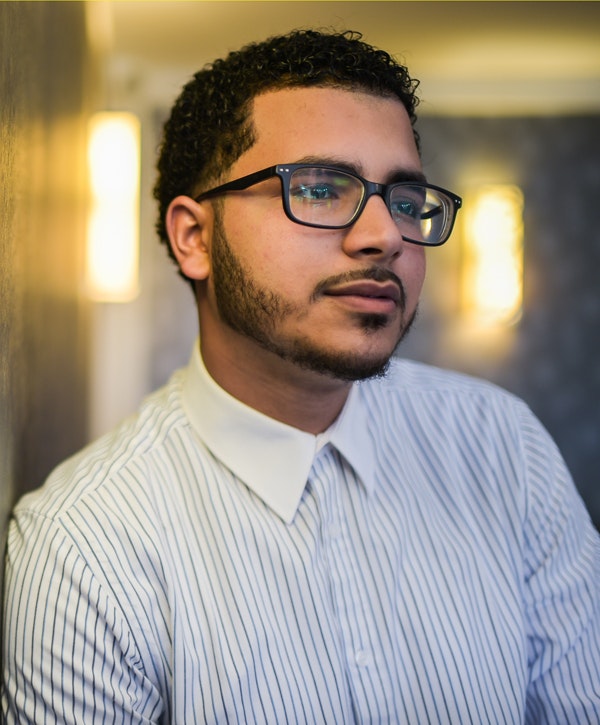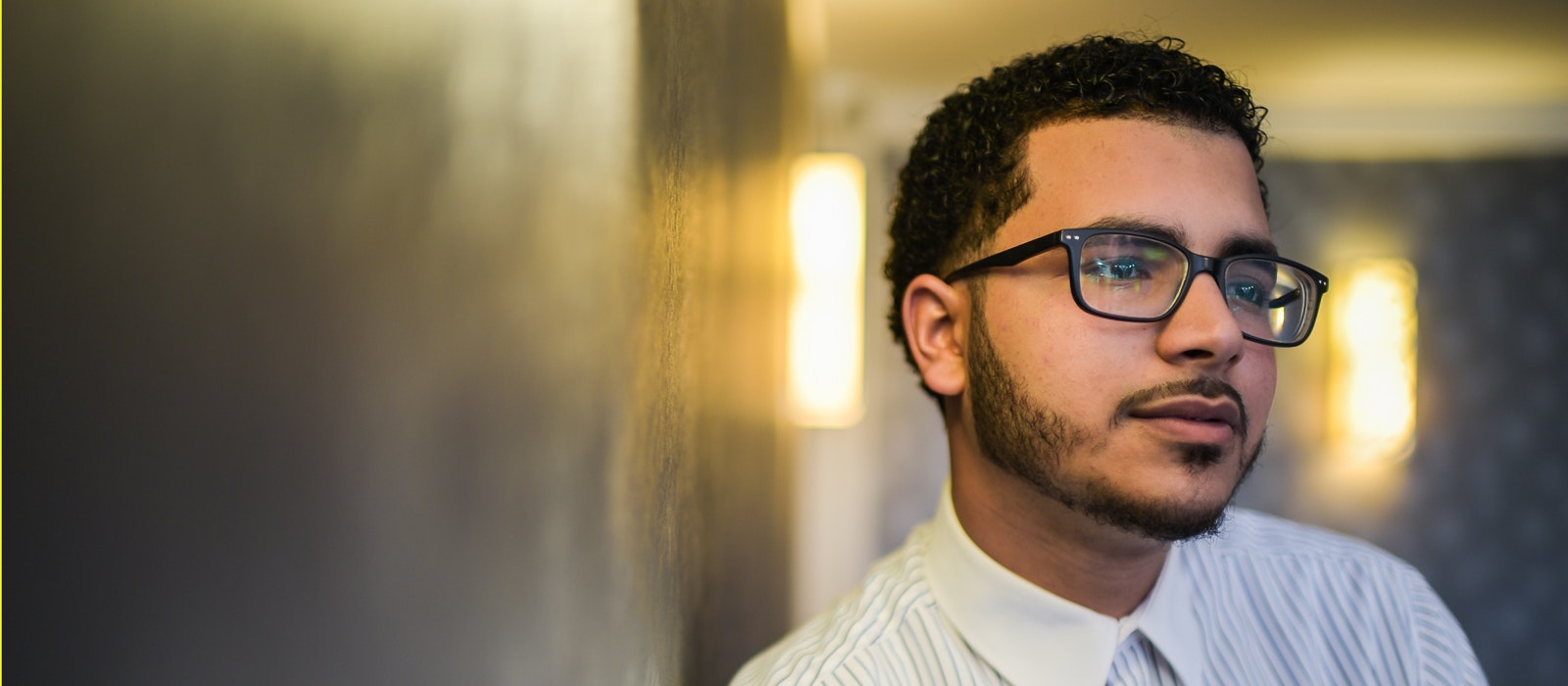“For many aspiring immigrants, the diversity visa is a once-in-a-lifetime opportunity to pursue the American Dream.”
1| What is the Diversity Visa Program?
The Diversity Immigrant Visa Program provides individuals from countries with relatively lower levels of recent immigration to the United States an opportunity to apply for a visa and permanent residency (a green card).
About 50,000 diversity visas are typically available each year. More than 9.5 million registrations were submitted for principal applicants in the Diversity Visa program for FY 2023 Because of the substantial interest in the program, registered applicants are selected using a randomized lottery and are invited to formally apply for the visa if abroad, or to file an adjustment of status application if residing in the U.S.
The Diversity Visa Program promotes and protects diversity in the U.S. immigration system. This not only extends opportunity to aspiring immigrants around the globe, it also welcomes more diverse talents and contributions to the U.S. economy and communities. For many aspiring immigrants, it is a once-in-a-lifetime opportunity to pursue the American Dream.

